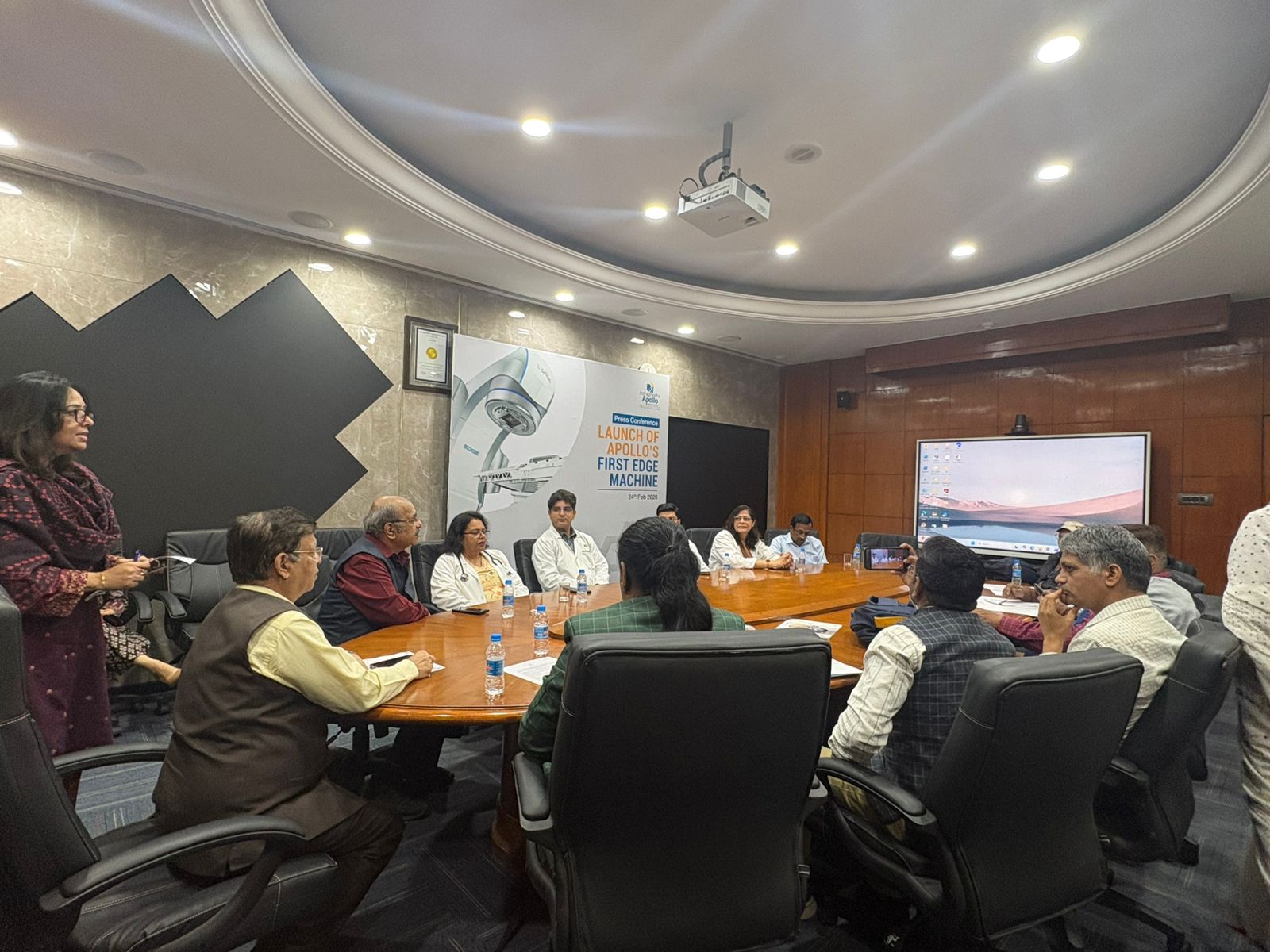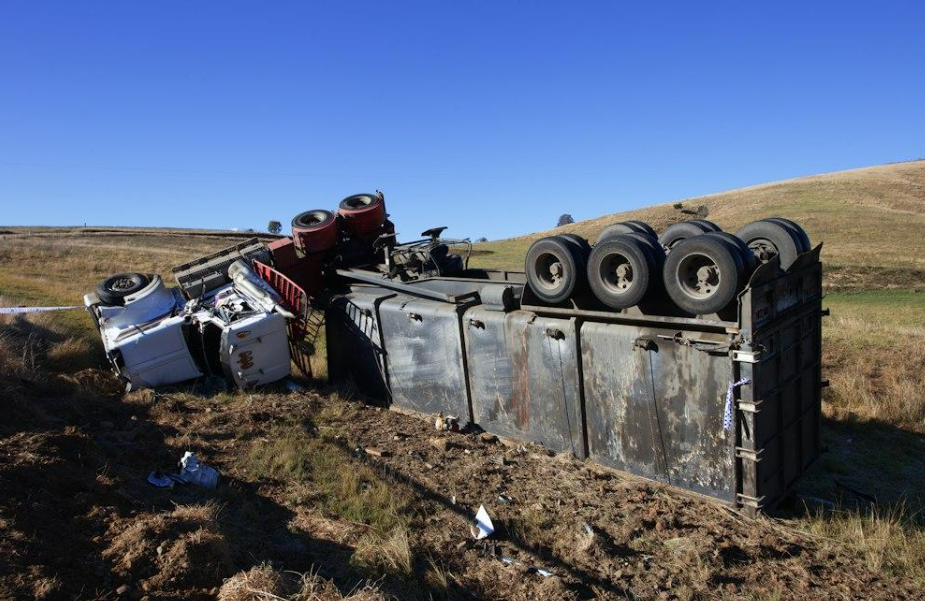In the chaotic moments and the long, often arduous days following a truck accident, victims find themselves navigating a complex web of emotions, medical care, and legal uncertainties. Understanding your rights and the steps to take can be overwhelming in such a stressful time. This guide aims to shed light on the critical actions and decisions that follow a truck accident, empowering you with knowledge and helping you to make informed choices. With a focus on active steps and clear, understandable language, we will navigate through the aftermath together, ensuring that you’re equipped to face the challenges ahead.
Table of Contents
Understanding the Immediate Steps to Take
Right after a truck accident, your priority should always be health and safety. If you can, move to a safe location and call emergency services for medical attention and to report the accident. It’s crucial to document everything at the scene if you’re able to do so safely. Take photos of the vehicles, your injuries, and any relevant road conditions or signs. Exchange information with the other parties involved but refrain from discussing fault or details of the accident extensively. This immediate documentation can be invaluable later on when memories fade or facts are disputed.
How Truck Accident Law Firms Can Help
Seeking legal advice early can make a significant difference in navigating the aftermath of a truck accident. Truck accident law firms specialize in understanding the complex regulations that govern the trucking industry and can offer you the specialized guidance you need. They work to untangle the often complex liability issues that are common in truck accidents, where multiple parties might be responsible, including the driver, trucking company, or even manufacturers. A skilled attorney can help you understand your rights, the worth of your claim, and the best path forward, ensuring that you don’t settle for less than you deserve.
Navigating Medical Care and Documentation
After a truck accident, securing medical care is not just crucial for your health—it’s also vital for your legal claim. Follow through with all recommended treatments and keep detailed records of every visit, diagnosis, and treatment. Documenting your injuries and recovery process creates a clear link between the accident and your health issues, which is essential for compensation claims. Moreover, understanding the extent of your injuries and their impact on your life is crucial for assessing the fair value of your claim.
Understanding Compensation and Damages
Victims of truck accidents may be entitled to various forms of compensation, including medical expenses, lost wages, and pain and suffering. It’s important to have a thorough understanding of the damages you’ve incurred and might continue to incur in the future. This is where a knowledgeable attorney can be invaluable, helping to quantify the tangible and intangible losses stemming from the accident. Knowing what compensation you’re entitled to can guide your recovery journey and ensure you’re aiming for a settlement that reflects the full extent of your damages.
Dealing with Insurance Companies
Insurance companies play a significant role in the aftermath of a truck accident, and dealing with them can be daunting. Remember, their primary aim is to minimize payouts. When communicating with insurance adjusters, it’s crucial to be cautious about what you say, as statements can be used to devalue your claim. Never agree to a settlement or sign any documents without consulting your attorney. An experienced lawyer can negotiate on your behalf, ensuring that you’re not pressured into accepting a lower settlement than you deserve.
The Importance of Evidence in Your Truck Accident Claim
Building a strong case after a truck accident hinges on the evidence you collect. This includes not only photos from the scene and medical records but also witness statements, police reports, and, if possible, dashcam footage. In truck accident cases, securing evidence from the trucking company, such as the driver’s logbooks, vehicle maintenance records, and the truck’s electronic control module data, can be particularly compelling. A skilled attorney can help in gathering and preserving this evidence, which can prove crucial in demonstrating fault and establishing the full impact of the accident on your life.
Leveraging Legal Deadlines and Statutes of Limitations
Time is of the essence after a truck accident, not just for health reasons but also from a legal standpoint. Every state has its own statutes of limitations, a set period during which you can file a lawsuit for your injuries and damages. Understanding these deadlines is crucial to ensure you don’t forfeit your right to compensation. Start the legal process early. Consult with a truck accident law firm to understand the specific timelines relevant to your case and ensure that all necessary legal actions are initiated promptly.
The Complexity of Truck Accident Investigations
Truck accidents often involve more complex investigations than typical car accidents due to the size of the vehicles involved and the regulations governing the trucking industry. An effective investigation will look into the driver’s qualifications and history, the truck’s maintenance records, the company’s compliance with safety regulations, and more. This thorough approach can uncover violations of federal and state regulations or negligence on the part of the trucking company or driver, providing crucial evidence for your claim.
Negotiating a Fair Settlement
Negotiating with insurance companies and at-fault parties is a nuanced process where strategic negotiation skills can significantly impact the outcome. Armed with evidence and a clear understanding of your damages, your attorney can advocate for a settlement that truly reflects the full extent of your losses. Remember, initial offers are often lower than what you may be entitled to. A determined approach, backed by solid evidence and legal expertise, can lead to more favorable settlement terms.
Going to Trial: When Settlements Fall Short
While many truck accident claims are resolved through settlements, some cases may require going to trial to secure fair compensation. Trials involve presenting your case before a judge or jury, which can be daunting but sometimes necessary. If negotiations stall or the offer on the table falls short of covering your damages, your attorney might recommend taking your case to court. Being open to this possibility and preparing for it can ensure you’re not pressured into accepting an inadequate settlement.
Conclusion
Navigating the aftermath of a truck accident is a journey fraught with challenges, but armed with the right information and support, you can make informed decisions, protect your rights, and aim for a resolution that supports your recovery and future. From understanding the immediate steps to take, to leveraging the expertise of truck accident law firms, and navigating the complexities of legal and insurance processes, each step you take is crucial. Remember, while the road to recovery might be long and winding, you don’t have to travel it alone. With the right guidance, advocacy, and resources, you can navigate the aftermath of a truck accident with confidence, aiming for a future where justice and healing go hand in hand.












